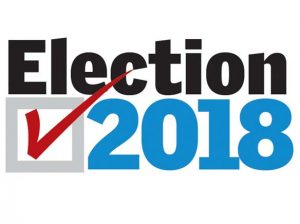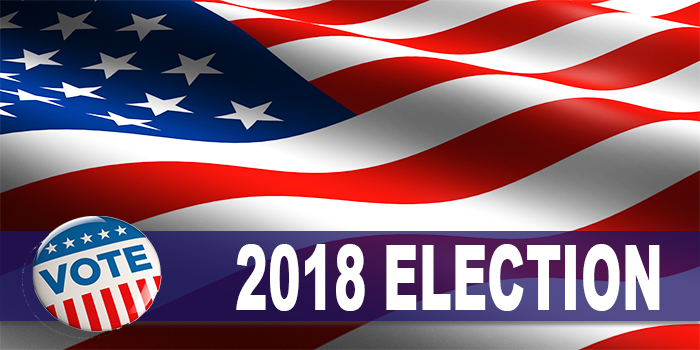Say this about Donald Trump. He’s good for ratings. Or in this case, voter interest in politics.
Interest among Americans has surged to record highs within both parties according to a new Wall Street Journal/NBC News poll.
The findings point to an energized electorate, buffeted by dynamics that bring great uncertainty to the outcome of an election just two weeks away.
Nearly two thirds of registered voters showed a high level of interest in the election—the highest ever recorded in a midterm election since the Journal/NBC poll began asking the question in 2006.
In the aftermath of the bitter confirmation fight over Supreme Court Justice Brett Kavanaugh, Republicans have closed the once-large gap between their voters’ and Democrats’ interest in the election. Now, 68% of Republican voters and 72% of Democrats say they are very interested in the election—the highest recorded for either party by the survey in a midterm election.
Also helping Republicans is a rise in President Trump’s job-approval rating to 47%, the highest mark of his time in office, with 49% disapproving his performance. That is an improvement from last month, when 44% approved and 52% disapproved of his performance.
Democrats still lead on the question of which party should control Congress. Among poll respondents identified as likely voters, 50% prefer Democrats, while 41% prefer Republican control, about the same as in last month’s poll. Among all registered voters, a broader group of respondents, Democrats’ advantage over the GOP is narrower—48% to 41%.
Interest in the election has jumped among many groups that tend to favor Democrats—Latinos, African-Americans and young people. More than two thirds of black voters showed high interest in the election—up from 57% in the average of polls taking from January through September.
The share of Latinos showing high interest jumped to 71%, from an average 47% in polls this year through September. About half of people age 18-34 showed high interest in the election, up from an average 35% earlier this year.
Independent voters, who are crucial to the outcome of closely divided races, prefer Democratic control of Congress over Republican leadership by a 41%-to-27% margin. But one third are undecided, and independents are less engaged than partisans: Just 46% of independents express high levels of interest in the election.

